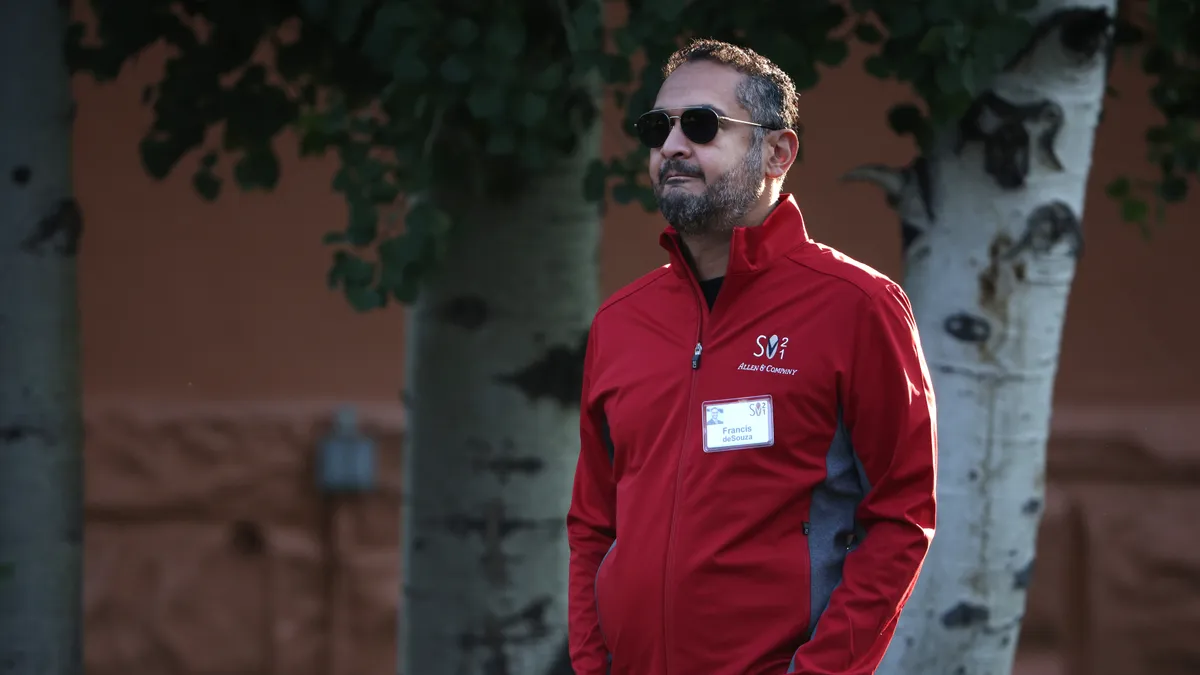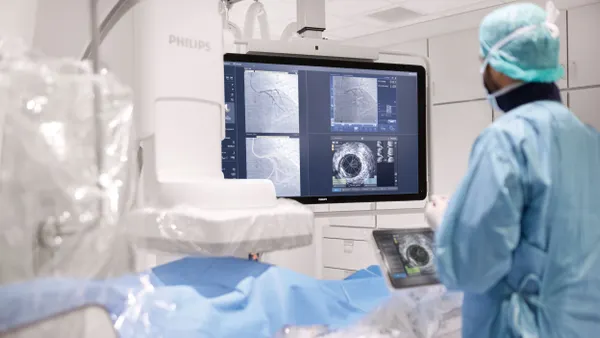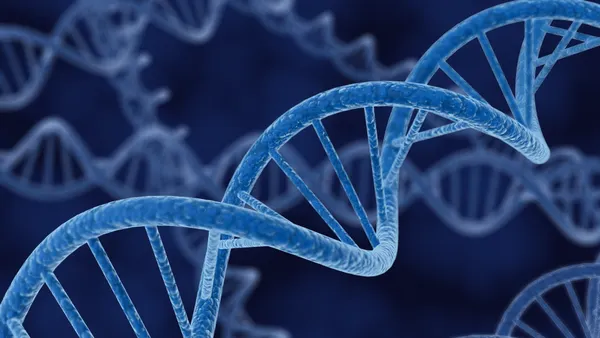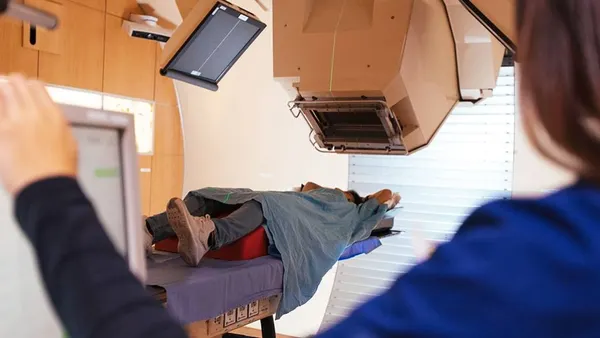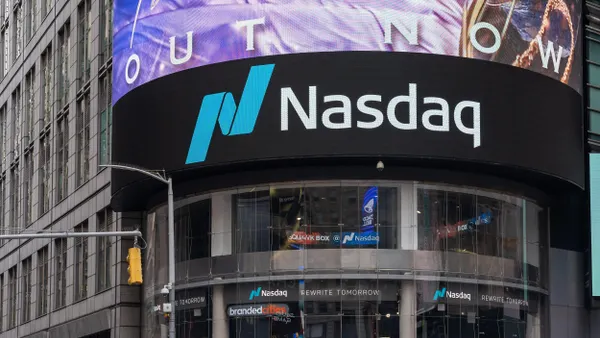Francis deSouza has resigned as the CEO of Illumina weeks after surviving Carl Icahn’s attempt to oust him as a director of the company.
Late last month, deSouza chalked up a partial victory in a proxy vote that served as a referendum on his time as CEO and on the move to acquire liquid biopsy company Grail. Shareholders voted to retain deSouza as a director but elected to replace board chair John Thompson with Icahn’s candidate and shot down Illumina’s executive compensation in an advisory vote.
While deSouza survived the vote, the proxy battle proved to be the beginning of the end for his time as CEO. Only 71% of shareholders voted for deSouza. The loss of Thompson, who took over as chair months before Illumina closed the Grail deal without securing regulatory approval, left deSouza facing the prospect of working with an ally of Icahn to turn the company around after a two-year period in which its share price has fallen by more than 50%.
Now, responsibility for getting the company back on track will fall on a new leader. DeSouza is leaving with immediate effect, although he will continue in an advisory capacity until the end of July. Charles Dadswell, senior vice president and general counsel at Illumina, will lead the sequencing company on an interim basis while it searches for a new CEO.
Illumina’s failure to secure a successor leaves it without a permanent leader at a critical time. The European Union is due to publish a directive on the Grail takeover by the end of June, analysts at TD Cowen wrote in a note to investors. The analysts speculated that the timing of deSouza’s departure was “likely influenced by investor feedback to the board during the campaign process.”
In a letter to Illumina employees to disclose his resignation, deSouza outlined the changes the company underwent in the decade after he joined, initially as president. The letter focused on how Illumina, which was then focused on research, “embarked on a transformation effort and worked tirelessly to make everything we do clinical-grade.” Today, around 50% of Illumina’s revenue comes from clinical markets.
That legacy could be overshadowed by Illumina’s decision to buy Grail for $8 billion, particularly if it ends up being forced to divest the business at a lower valuation. DeSouza was unrepentant in the letter he sent to Illumina employees.
“My belief in the potential of Grail’s potentially life-saving technology and the benefits of merging it with Illumina remains unshakable. It takes bold moves and courage to ‘improve human health by unlocking the power of the genome.’ That is Illumina’s mission, and it is in our DNA,” deSouza wrote.
It is unclear if deSouza’s successor will share his unshakable beliefs in Grail. The TD Cowen analysts see deSouza’s “resignation as providing increased confidence that Grail will be divested,” adding that the “chances of further appeals or other legal maneuvers” are less likely and that it may be possible to speed up the process. Icahn also sees the resignation as a positive for his push to change Illumina’s direction.
“I am happy to see all of the recent events occurring at Illumina. While obviously I believe the change of CEO should have come meaningfully sooner, it is still a very positive occurrence. The new additions to the board, the CEO transition, as well as the change of the Chairman, are significant positives that should drive value for all stakeholders and human health,” Icahn wrote on Twitter.
Icahn further compared the situation at Illumina to the events leading up to the appointment of Steve MacMillan as CEO of Hologic in 2013. Back then, Icahn built up a 12.6% stake in Hologic and drove changes to the leadership team and board. Less than three years later, Icahn began cashing out after seeing the company’s stock price rise in the wake of his activist intervention. MacMillan was recently named as non-executive chair of Illumina’s board in the wake of Icahn’s push for changes.
Share of Illumina were down 1% or $2.19 to $200.53 in pre-market trading on Monday.

